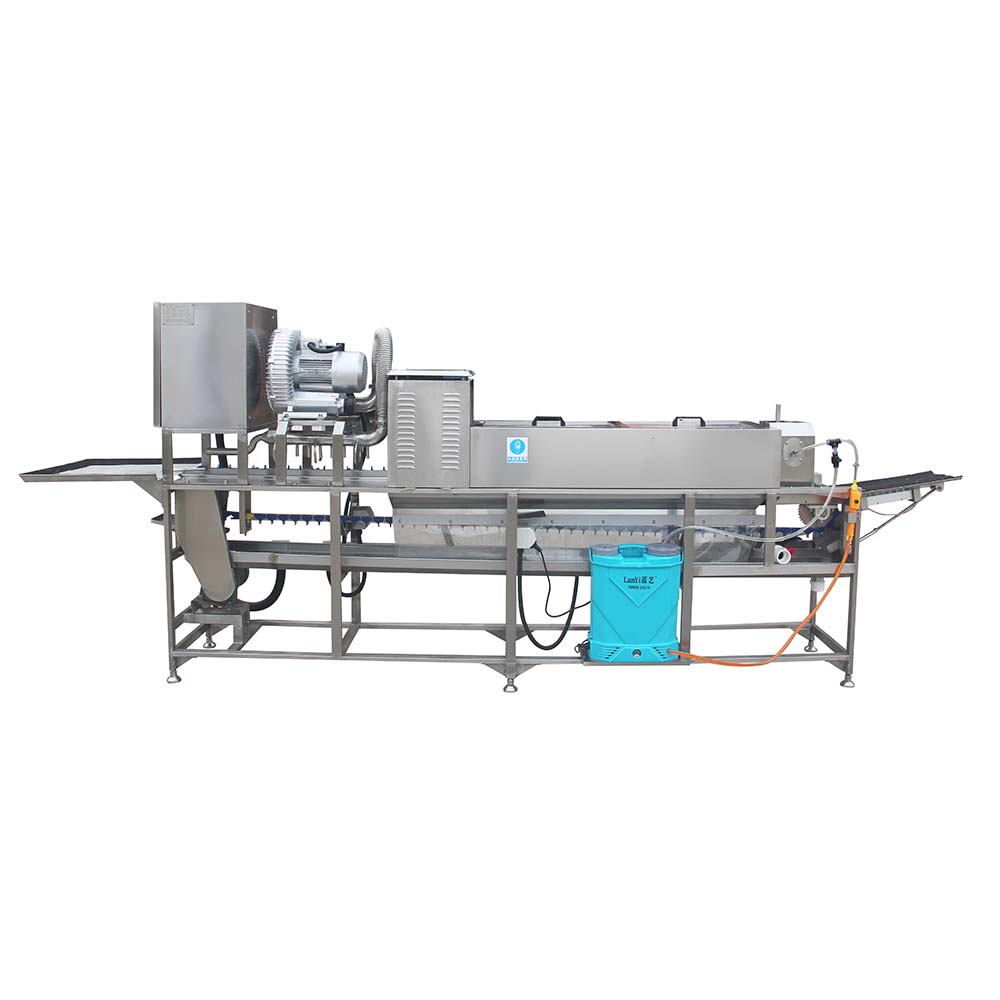Designing Effective Fencing Solutions for Pig Farming and Livestock Management
Dec . 03, 2024 18:14 Back to list
Designing Effective Fencing Solutions for Pig Farming and Livestock Management
Pig Pen Fencing Ensuring Safety and Comfort for Your Pigs
When it comes to raising pigs, one of the most crucial aspects of pig farming is the construction of adequate fencing for the pig pen. Proper fencing is not merely a practical necessity to contain the animals; it also plays a vital role in ensuring their safety, health, and overall well-being. In this article, we will explore the importance of pig pen fencing, the materials commonly used, and tips for constructing an effective enclosure for your pigs.
The Importance of Pig Pen Fencing
Pigs are intelligent and curious animals, often known for their rooting behavior, which can lead them to dig under or push through insufficient fencing. A well-constructed fence not only keeps pigs safe from escaping but also protects them from potential predators such as dogs, coyotes, and other wildlife that could pose a threat to their well-being. Furthermore, proper fencing helps maintain a conducive environment, preventing pigs from wandering into hazardous areas or damaging crops and gardens.
In addition to maintaining the safety of the pigs, effective fencing also helps ensure the management of pig populations. For farmers looking to breed pigs, appropriate fencing is key to segregating breeding sows from boars and other pigs to prevent unwanted mating. This facilitates better herd management and enhances the efficiency of the farming operation.
Choosing the Right Materials
When it comes to pig pen fencing, several materials can be used. Each has its advantages and disadvantages, which should be considered based on the specific needs of the farm.
1. Wood Fencing Wooden fences are a popular choice due to their durability and aesthetic appeal. However, wood may deteriorate over time, necessitating frequent maintenance or replacement. Additionally, wooden fences can be quite expensive compared to other options.
2. Wire Fencing This is one of the most commonly used materials for pig pen fencing. Wire fencing can be made from barbed wire or woven wire, and it offers a strong barrier that pigs cannot easily push through. Barbed wire is effective but can pose injury risks to the pigs, so it should be used with caution.
3. Electric Fencing Electric fencing is an increasingly popular option for pig farmers because it acts as a psychological barrier, deterring pigs from attempting to escape. Electric fences are usually run alongside other forms of fencing for added security. However, it is critical to ensure that the electric components are properly maintained to avoid malfunctions.
pig pen fencing

4. Plastic or Composite Fencing These materials are lightweight, resistant to rot, and require minimal maintenance. However, they may not provide the same level of security as metal fencing, especially for stronger or larger pig breeds.
Constructing an Effective Pig Pen
To build an effective pig pen, farmers should consider several factors
- Height of the Fence Pigs are strong and can jump or climb. A fence should be at least 4-5 feet high, depending on the breed of pigs being raised.
- Depth of the Fencing Since pigs may dig under fences, it’s advisable to bury the bottom of the fence 1-2 feet underground or extend a barrier outward along the ground to prevent this behavior.
- Gates Gates are essential for easy access but should be sturdy and secure to prevent pigs from escaping. Consider using spring-loaded latches to keep gates firmly closed.
- Regular Inspections Routine checks should be conducted to identify any damage or weaknesses in the fencing. Prompt repairs can avert potential escapes or injury to the pigs.
Conclusion
Pig pen fencing is a fundamental element of pig farming that directly impacts the safety, health, and productivity of the animals. By selecting the appropriate materials and employing best practices in the construction and maintenance of fencing, farmers can create a secure environment for their pigs to thrive. An investment in quality fencing is not only a commitment to the well-being of the pigs but also a strategic decision that enhances the overall productivity of the farming operation. Ultimately, well-fenced pigs lead to peace of mind for farmers and a better quality of life for the animals.
-
Hot Sale 24 & 18 Door Rabbit Cages - Premium Breeding Solutions
NewsJul.25,2025
-
Automatic Feeding Line System Pan Feeder Nipple Drinker - Anping County Yize Metal Products Co., Ltd.
NewsJul.21,2025
-
Automatic Feeding Line System Pan Feeder Nipple Drinker - Anping County Yize Metal Products Co., Ltd.
NewsJul.21,2025
-
Automatic Feeding Line System - Anping Yize | Precision & Nipple
NewsJul.21,2025
-
Automatic Feeding Line System - Anping Yize | Precision & Nipple
NewsJul.21,2025
-
Automatic Feeding Line System-Anping County Yize Metal Products Co., Ltd.|Efficient Feed Distribution&Customized Animal Farming Solutions
NewsJul.21,2025






